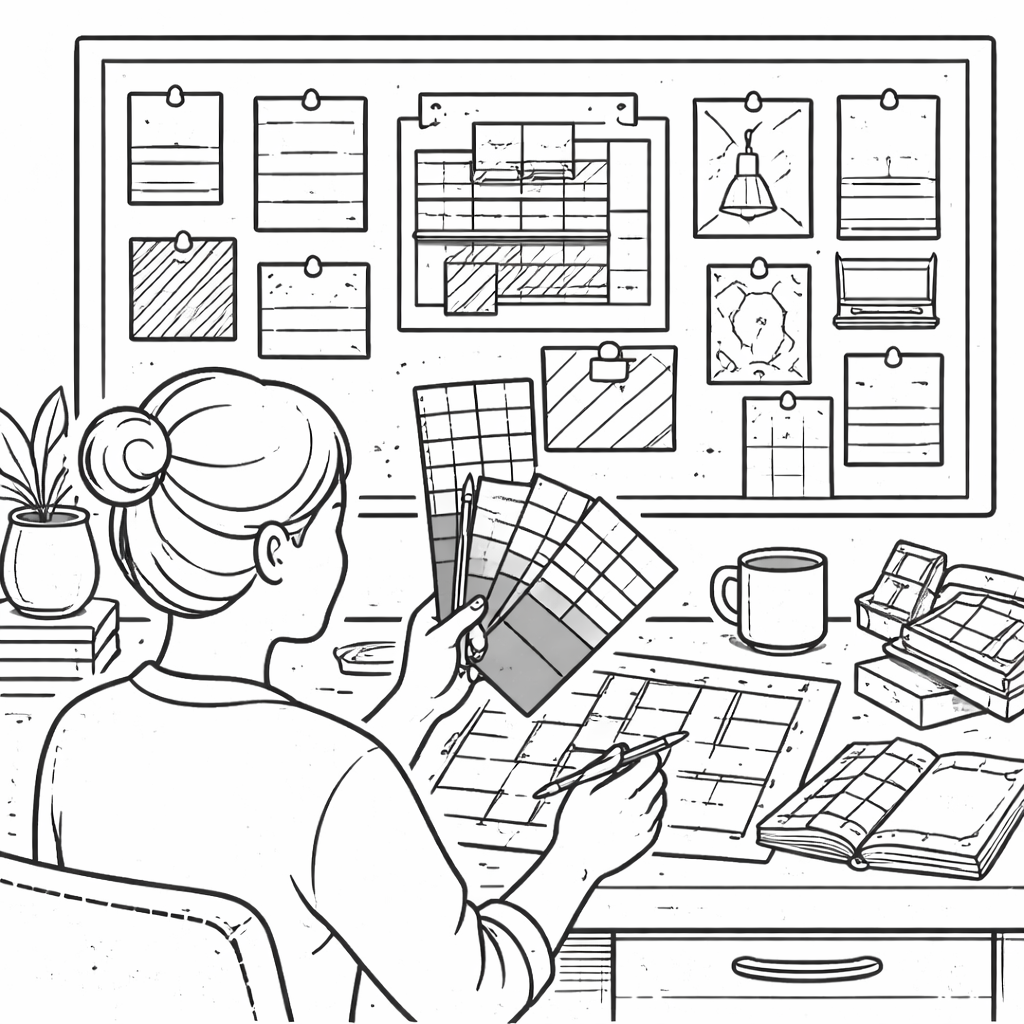Avoid Costly Surprises: How to Effectively Manage Your Home Inspector
Buying a home is an exhilarating journey filled with dreams and possibilities, but it also requires diligent oversight—especially regarding the home inspection process. As someone who has built a substantial real estate portfolio in the competitive Washington, D.C. market, I’ve learned that understanding and managing the home inspection process is crucial to safeguarding your investment.
Banks typically require a home inspection before they finalize a mortgage deal. This inspection is intended to ensure that the property is in a condition worthy of the investment. It covers a wide range of elements, from the structural integrity of the home to the functionality of systems like plumbing, electrical, heating, and cooling. Inspectors also check for safety issues such as radon, carbon monoxide, and mold.
Finding a competent home inspector is your first crucial step. Start by seeking recommendations from trusted real estate professionals or friends who recently purchased homes. Ensure that any inspector you consider is certified by reputable organizations such as the American Society of Home Inspectors or the International Association of Certified Home Inspectors. It’s also wise to read reviews and check their background and experience in the field.
Despite the essential role of home inspectors, the process could be better. Inspectors can miss critical issues, leaving you with unexpected, costly repairs down the line. This can affect your negotiation leverage with sellers or make you reconsider the purchase if significant problems are uncovered.
To mitigate these risks, approach the home inspection process like an 80% expert. Prepare by researching common issues in homes within the area you’re looking to buy. For example, older neighborhoods might have recurring problems like outdated electrical systems or foundational weaknesses.
During the inspection, be present and involved. Accompany the inspector and ask questions about the process and findings. Request that they discuss your concerns and highlight areas that might need immediate attention or could pose potential future problems. This hands-on approach doesn’t just make the inspector’s job easier; it ensures that you are well informed about the state of your potential new home.
Managing your home inspector effectively involves clear communication. Before the inspection begins, specify any areas of particular concern you may have. After the inspection, a detailed report should be provided. Review this document thoroughly. If anything seems unclear or incomplete, don’t hesitate to ask for clarification or additional checks.
In essence, think of your home inspector as a pivotal advisor in your home-buying process. By actively engaging with them, you ensure they deliver the thorough assessment you need to make an informed buying decision. Remember, the cost of a missed issue can far outweigh the fee for the inspection itself.
The insight gained from rigorous home inspections has been invaluable in building my real estate portfolio. It has protected my investments and given me the knowledge and confidence to make intelligent purchasing decisions. Your home is likely one of the most significant investments you’ll ever make; safeguarding that investment begins with a thorough, diligently managed home inspection.



